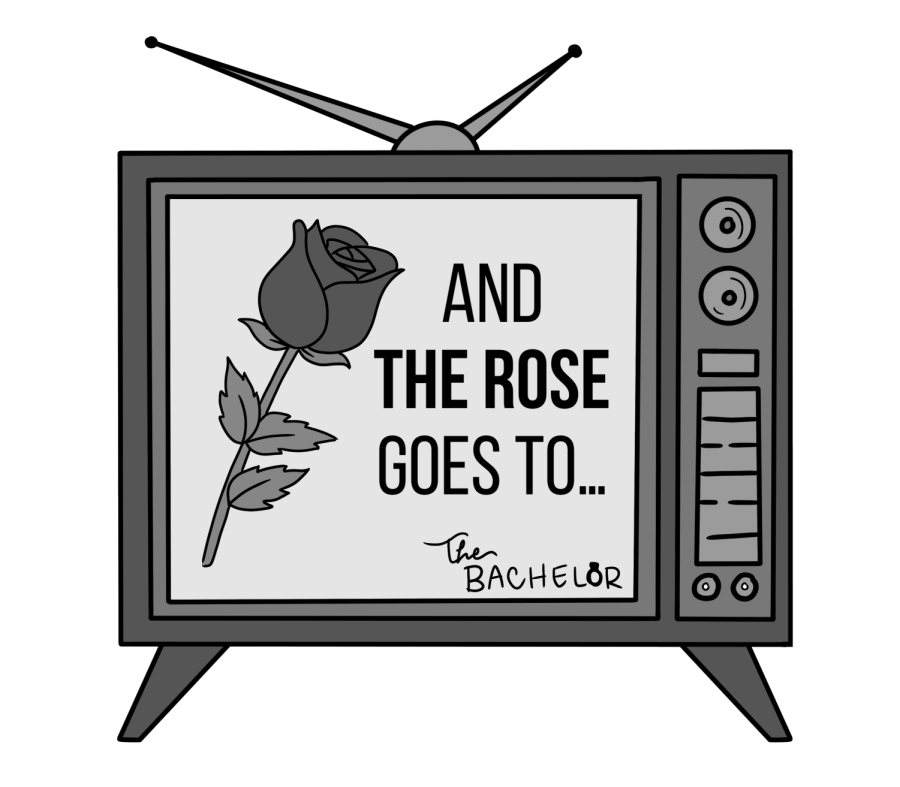A&E: Trashy or tasteful? The debate on reality TV
Many think of reality TV as trashy. As it has been around for years, there are an abundance of reality TV shows, such as “Keeping Up With The Kardashians,” “Love is Blind” and “90-Day Fiance.” Despite many people’s belief that reality TV is unrealistic and unintelligent, it is still heavily followed.
Sophomore Ruben Gonzalez likes to watch reality TV shows, including “La Casa De Los Famosos.” He enjoys watching the shows because they do not feel as scripted or acted-out as other television genres.
“It feels more in-the-moment than watching movies and shows that already have a set story,” Gonzalez said. “A lot of these reality TV shows, for me, more unpredictable things happen, and it’s really fun to watch that.”
Enticing drama is another reason why many enjoy reality TV, with drama-filled shows such as “Keeping Up With the Kardashians.” Others enjoy watching contestants with overly exciting and drama-filled lives.
Junior Dorian Taylor enjoys watching shows such as “Survivor.” She believes people find watching others with interesting lives to be entertaining.
“Some people are bored with their own lives and want to see a look into someone else’s life,” Taylor said. “Maybe that’s why people like to keep up with the Kardashians.”
TheBeauLife author Sheryl Tng in her article “Can’t Seem To Turn Away From Cringe-Worthy Reality TV Shows? Here’s Why” details why humans are obsessed with reality TV. Despite her hatred of the genre, Tng states, “In our own daily lives, not every day is an exciting one; in fact, most of our days are repetitive and mundane. Discerning viewers might find the fact that the regular excitement experienced by on-screen characters to be unreal or far-fetched.”
Some reality shows create genuine connections between participating contestants. Viewers of shows such as “The Amazing Race” and “The Great British Bake Off” often feel they are produced with an emphasis on building relationships between the contestants instead of tearing them apart in dramatic fights. While both are competition shows, many believe they do not focus too heavily on social dynamics or drama.
Reality TV characters can show emotions and traits that many consider more human-like and realistic. According to Tng, “Taking an interest in the lives of reality TV personalities and attempting to relate their experiences with our personal preferences makes perfect sense. After all, it’s in our nature to crave a sense of belonging and to forge meaningful connections with those who are similar to us.”
English teacher Courtney Hayes expressed a different view on why reality TV has a bad reputation. While she enjoys reality TV shows, she thinks they are mindless and not very educational. She feels the people on reality TV are not always portrayed in the best ways and the shows do not have the same feel as fictional television.
“I think they’re probably portrayed as shallow and vapid, and they don’t have a lot of substance to them,” Hayes said. “The worries they have are first-world problems, and I think that gives people the idea that it’s not really adding any value. There’s not really anything we can learn or want to emulate.”
Unlike Hayes, Gonzalez believes that reality TV can have educational benefits. While watching shows with drama, he watches the problems they go through and what they do to solve them. He believes that viewers can learn lessons from watching others.
“I think it does have some sort of enrichment in behavioral issues because a lot of the time, the behavior that some of the actors have on the reality TV show is called out,” Gonzalez said. “I think we can learn enough about that and know, ‘Oh, maybe I shouldn’t act like that.’”
Many viewers find reality TV problematic and have strong distaste for the genre. Even so, it weaves its way into the lives of many students, who often cannot help but enjoy it.
“I think it goes back to that there’s something so addictive. I think it’s kind of one of those things that you love to hate,” Hayes said.


